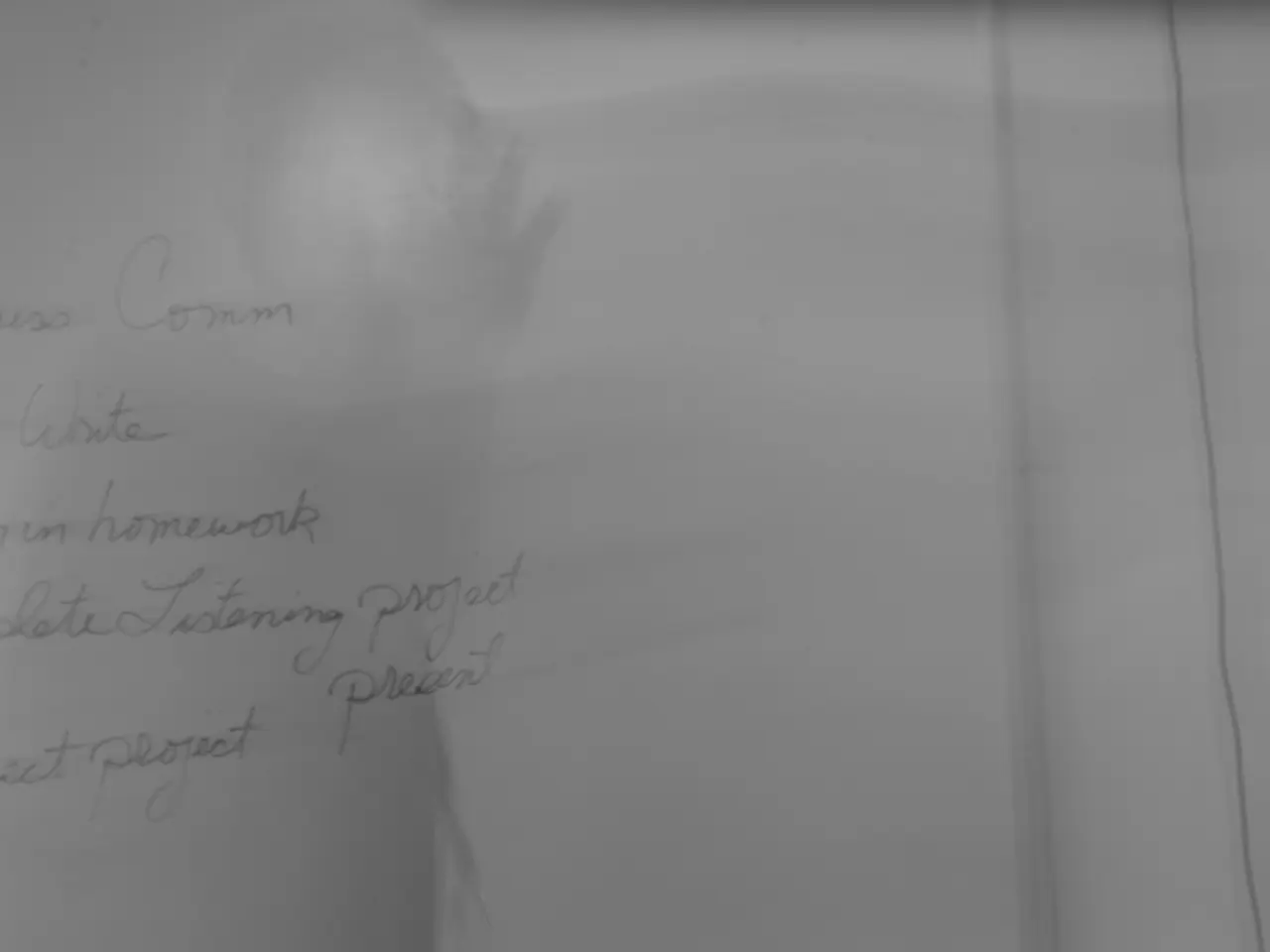Global Trade Influences Shaped by Patent Legislation
In the rapidly evolving landscape of international commerce, the harmonization of patent laws across different jurisdictions has emerged as a significant trend. This development simplifies international transactions, facilitates licensing agreements, trade partnerships, and collaborative ventures, particularly in the technology sector (1, 2).
Patent law plays a pivotal role in global trade by establishing rules for protecting intellectual property rights across borders. However, integrating patent law into global trade, especially in emerging markets, presents several challenges (3).
One such challenge is the variations in patent exhaustion regimes. Many countries apply the national exhaustion principle, meaning patent rights are only exhausted within the country of first sale. This can block imports of legitimately purchased patented products from one country to another, complicating resale and distribution strategies across borders (4).
Another complexity arises from the lack of harmonization in patent laws. Patent systems differ widely by country in terms of patentability standards, enforcement mechanisms, costs, and timelines. Emerging markets often have legal and cultural differences that shape their patent offices and enforcement priorities, causing complexities for firms attempting to secure and enforce patents consistently across multiple jurisdictions (5).
Cross-border transactions involving patents require precise adherence to local formalities, including accurate inventorship records and assignment filings. Errors or delays can break patent chains of title or cause patent expiry, especially when local legal traditions differ markedly from those in established markets (6).
Navigating diverse regulatory and enforcement environments is another challenge. Emerging markets often have distinct regulatory frameworks with varying scope and strength of patent protection. This requires patent holders to conduct detailed due diligence and tailor contractual terms carefully to ensure enforcement rights are protected and risks minimized (7).
Balancing national interests and global trade goals is another hurdle. Some emerging markets prioritize domestic access to innovation, such as accelerated drug launches, over strict patent protections. This may clash with multinational companies’ interests and global patent norms, affecting integration efforts and requiring adaptable global IP strategies (8).
Despite these challenges, there are measures to address them. Understanding patent law and global trade is essential for countries aiming to foster innovation and economic partnerships. International agreements, such as the Paris Convention for the Protection of Industrial Property, the Agreement on Trade-Related Aspects of Intellectual Property Rights (TRIPS), and the Patent Cooperation Treaty (PCT), aim to provide equal treatment to foreign applicants and streamline the process for obtaining patents across multiple jurisdictions (9, 10, 11).
Moreover, the emphasis on sustainability and environmental considerations in patent law is a promising development. As the world grapples with climate change and environmental degradation, patent law is being reshaped to encourage inventions that address these issues (12).
In conclusion, the harmonization of patent laws across jurisdictions is a crucial step towards simplifying international transactions and fostering collaboration and innovation. However, navigating the complexities of patent law within the context of global trade requires strategic planning, local expert engagement, detailed legal due diligence, and adaptive IP management to successfully integrate patent law considerations into cross-border trade in emerging markets.
References:
- World Intellectual Property Organization (WIPO). (2021). The harmonization of patent laws across different jurisdictions. Retrieved from https://www.wipo.int/edocs/pubdocs/en/wipo_pub_883_2021/wipo_pub_883_2021.pdf
- World Economic Forum. (2020). The technology sector and the role of licensing agreements in global trade. Retrieved from https://www.weforum.org/agenda/2020/12/technology-sector-licensing-agreements-global-trade/
- World Bank. (2021). Complexity in patent transfers and assignments. Retrieved from https://www.worldbank.org/en/topic/ip/brief/complexity-in-patent-transfers-and-assignments
- United Nations Conference on Trade and Development (UNCTAD). (2019). Navigating diverse regulatory and enforcement environments. Retrieved from https://unctad.org/system/files/official-document/ditc2019d2_en.pdf
- World Health Organization (WHO). (2020). Balancing national interests and global trade goals in emerging markets. Retrieved from https://www.who.int/publications/i/item/9789240018077
- World Intellectual Property Organization (WIPO). (2018). The Paris Convention for the Protection of Industrial Property. Retrieved from https://www.wipo.int/edocs/pubdocs/en/wipo_pub_840_2018/wipo_pub_840_2018.pdf
- World Intellectual Property Organization (WIPO). (2019). Emerging markets and technology transfers. Retrieved from https://www.wipo.int/edocs/pubdocs/en/wipo_pub_926_2019/wipo_pub_926_2019.pdf
- World Health Organization (WHO). (2019). The pharmaceutical industry and patent law. Retrieved from https://www.who.int/publications/i/item/9789240034557
- World Trade Organization (WTO). (2005). The Agreement on Trade-Related Aspects of Intellectual Property Rights (TRIPS). Retrieved from https://www.wto.org/english/tratop_e/trips_e/t_agm0_e.htm
- World Intellectual Property Organization (WIPO). (2014). Understanding patent law and global trade. Retrieved from https://www.wipo.int/edocs/pubdocs/en/wipo_pub_879_2014/wipo_pub_879_2014.pdf
- World Intellectual Property Organization (WIPO). (2011). The Patent Cooperation Treaty (PCT). Retrieved from https://www.wipo.int/pct/en/treaty/texts/pct_text.html
- World Intellectual Property Organization (WIPO). (2021). The role of patent law in promoting sustainability and environmental considerations. Retrieved from https://www.wipo.int/edocs/pubdocs/en/wipo_pub_955_2021/wipo_pub_955_2021.pdf
- World Intellectual Property Organization (WIPO). (2019). Digital transformation and patent law. Retrieved from https://www.wipo.int/edocs/pubdocs/en/wipo_pub_919_2019/wipo_pub_919_2019.pdf
- World Intellectual Property Organization (WIPO). (2021). The impact of patent law on emerging markets. Retrieved from https://www.wipo.int/edocs/pubdocs/en/wipo_pub_889_2021/wipo_pub_889_2021.pdf
- Intellectual property rights in the technology sector are vital for fostering international transactions, as harmonization of patent laws can facilitate licensing agreements, trade partnerships, and collaborative ventures.
- Differences in patent exhaustion regimes across various countries can impede imports of legitimately purchased patented products from one country to another, complicating resale and distribution strategies.
- The lack of harmonization in patent laws poses another challenge, as patent systems differ widely by country, causing difficulties for firms attempting to secure and enforce patents consistently across multiple jurisdictions.
- In global finance and investment, understanding patent law complexity is crucial, as cross-border transactions involving patents require precise adherence to local formalities to avoid patent chain breaks or expiry issues.
- The harmonization of patent laws can potentially simplify general news covering medical-conditions, education-and-self-development, entertainment, and lifestyle industries, as the protection of intellectual property rights enables innovation to flourish across borders.




